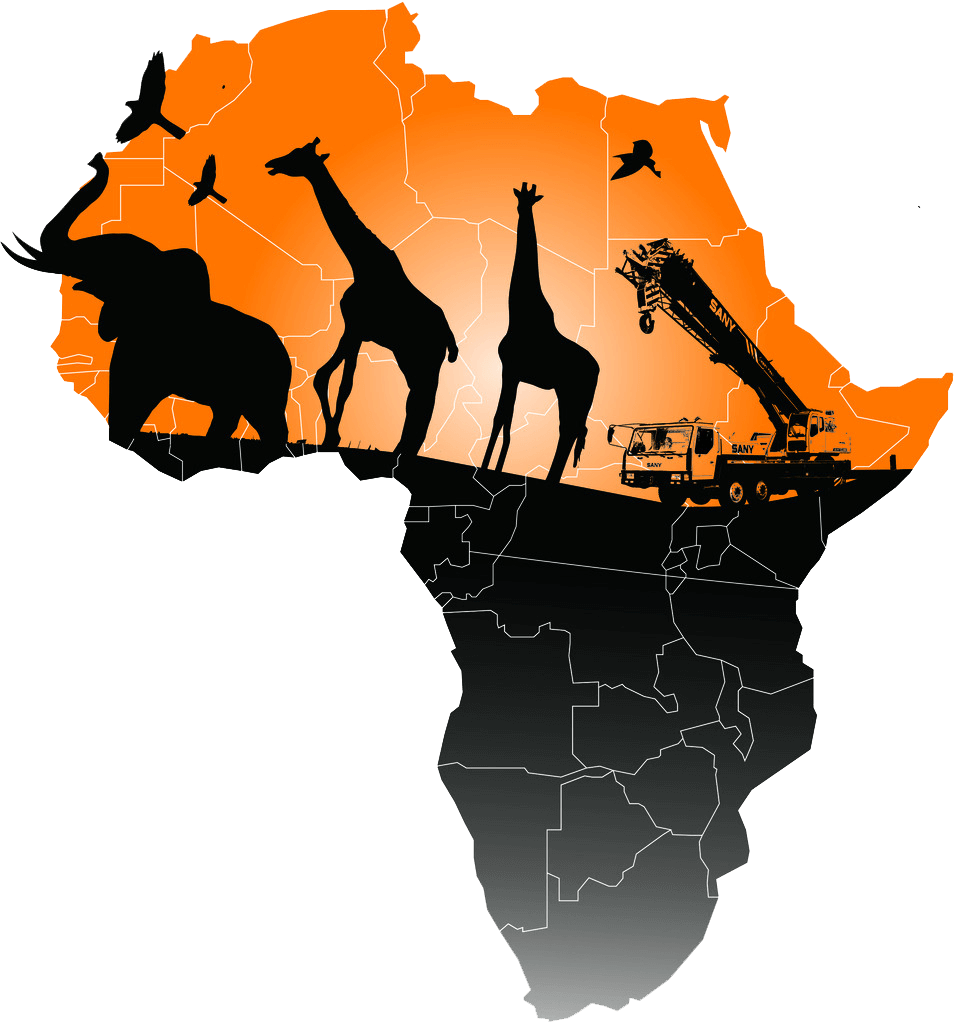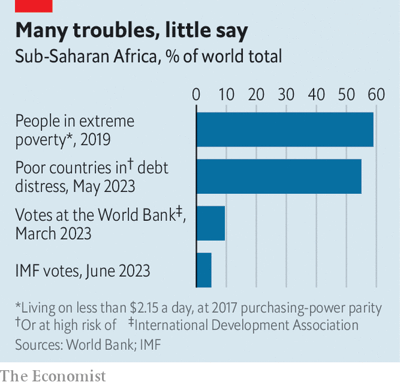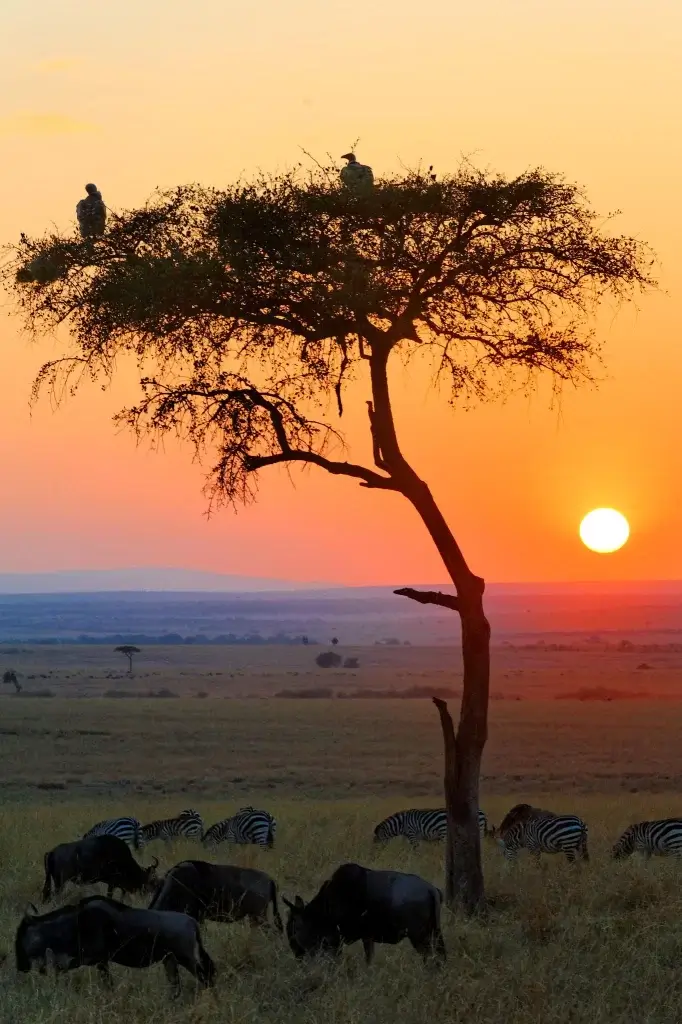African countries are fed up with being marginalised in global institutions

They will be pushing hard for change at a big global pow-wow this week
On June 22nd, Emmanuel Macron, the President of France, organized a development-finance gathering in Paris to address crucial global matters such as World Bank restructuring, climate finance, and debt distress. The meeting boasted of a significant number of influential individuals, including the Chinese premier Li Qiang, American Treasury Secretary Janet Yellen, and 16 African presidents, among others. This event was part of the Summit for a New Global Financial Pact.
French President Emmanuel Macron held a development-finance gathering in Paris to discuss topics such as World Bank restructuring, climate finance, and debt distress. The meeting had a large number of influential attendees, including Chinese Premier Li Qiang, American Treasury Secretary Janet Yellen, and 16 African presidents. The gathering was part of the Summit for a New Global Financial Pact.
The significant representation of Africa reveals a concern that the continent is being disregarded as attention shifts towards aiding Ukraine and addressing climate change. This is fueling a growing frustration that Africa has insufficient influence in global organizations like the World Bank, the IMF, and the UN, and that certain reforms may once again exclude the continent. “It is more challenging to cultivate empathy when decision-makers are disconnected from the country’s realities,” remarks Vera Daves, Angola’s finance minister. “This is why it is crucial for us [Africans] to have a greater presence within these institutions.”

Challenges Facing African Leaders as World Bank’s Concessional Division Resources Dwindle
The institutions’ primary focus is on Africa, where they strive to alleviate poverty, resolve economic downturns, put an end to civil strife, and aid refugees, given that over half of the world’s impoverished population resides in the continent. However, African leaders are concerned about the potential decline in affordable financing from the World Bank’s concessional division, the International Development Association (IDA). During the onset of the pandemic, the IDA garnered additional resources and increased its backing for destitute nations, committing an estimated $37 billion globally in the past year, marking an increase from around $22 billion in 2019. Nevertheless, this has exhausted its resources, leading to a possible reduction of nearly $10 billion in commitments for the next two years.
Despite the pressure faced by African nations due to escalating interest rates and increased costs of food and fuel caused by Russia’s invasion of Ukraine, the cuts will still take place. It is unlikely that the ida’s funds will be replenished before its next scheduled replenishment in 2025, despite their desire for it to happen.
The Double Standard of International Funding: Africa’s Struggle for Support
According to Axel van Trotsenburg, the senior managing director of the World Bank, funding has increased overall, especially in Africa. However, the continent faces competition for funds from two new priorities: Ukraine and climate change. The Bank’s aim is to raise $12bn for a new crisis facility called ida, but half of this amount is intended for Ukraine and Moldova, which are not typically eligible for ida’s concessional loans and grants due to their lack of poverty. Many Africans view this as proof that international institutions use a double standard by bending their own regulations for non-African nations.
In 2022, direct aid between countries, known as bilateral aid, to sub-Saharan Africa reportedly decreased by 8% in real terms to $29 billion, as stated by the OECD, a club primarily composed of wealthy nations. Meanwhile, global bilateral aid increased by 15%, largely due to $16 billion being directed towards Ukraine and an additional $29 billion being spent in donor countries on hosting refugees, mostly from Ukraine. Hanan Morsy of the UN Economic Commission for Africa commented on the situation, noting that while the international community has provided significant resources for Greece and Ukraine, comparable solutions for Africa are not being pursued and changes are necessary.
Climate Change Summit: Balancing Priorities for Global Development
The Paris summit aims to increase efforts to combat climate change, with a focus on wealthy nations and small island states. However, African leaders are concerned that this may come at the expense of impoverished nations. South Africa’s finance minister, Enoch Godongwana, stresses the importance of maintaining a focus on poverty reduction, despite any new priorities. A note signed by all African members, among others, emphasizes the need for an institution that remains committed to ending poverty and calls for additional funding for climate projects without sacrificing development spending. While some argue that the world operates on a zero-sum basis, Clemence Landers of the Centre for Global Development believes a balance can be found.
The institutions are currently discussing technical solutions in reaction to the commotion. The G20 proposes that the bank could increase lending by adjusting its rules and borrowing more from markets. However, this may result in higher interest rates for impoverished nations, which concerns Abdoul Salam Bello, the representative for 23 African countries on the World Bank’s board. “They are not implementing changes for our benefit,” expresses an Ethiopian official straightforwardly. “It’s for the countries that will be providing them with funds.”
IMF Concessional Lending in Africa: Challenges and Solutions
Ernest Addison, the governor of Ghana’s central bank, has noted that although most African countries receive subsidised interest rates when borrowing from the IMF, the fund is currently facing a shortage of concessional funds. In fact, without additional funding, it may need to reduce its concessional lending within the next year. The IMF has defended its record, stating that it has provided unprecedented assistance to impoverished nations during the pandemic. Additionally, it is actively seeking to secure more funding from donors.

The problem is not only the accessibility of funds; the regulations on borrowing limits imposed by the fund are also impeding African countries, according to Mamo Mihretu, the governor of Ethiopia’s central bank. Despite the critical need for international financial institutions to have a substantial impact, they appear to be absent, Mihretu expresses.
Sharing Special Drawing Rights: A Solution to Global Poverty?
The Center for Global Development (CGD) suggests that an additional solution to the technical issue is to have wealthy nations share their special drawing rights (SDRs) with impoverished ones. The International Monetary Fund (IMF) issues SDRs, which serve as a universal reserve currency. The CGD predicts that President Macron may advocate for this in Paris. However, the G20 established a worldwide objective in November 2021 for affluent countries to donate $100 billion in SDRs, but they have yet to meet this target. This is partly due to Congress withholding the $21 billion that the United States pledged.
African nations are grappling with the possibility of reduced funding and technological solutions that may not prove effective. This has led them to question their limited representation in the Fund and the Bank, whose governing boards are heavily influenced by wealthy countries that contribute the most capital.
South Africa’s Mr. Godongwana expressed frustration with the tendency of the G7 to adhere to their established viewpoints, ignoring the concerns of others. African leaders are striving to gain more influence in the G20, which is composed of the world’s largest economies, as well as in global financial institutions.
In an op-ed published in Le Monde, Macky Sall, the president of Senegal and former chair of the African Union (AU), highlights Africa’s inadequate representation in global institutions, resulting in the region being forced to accept decisions on issues like climate change and debt. Sall believes that the G20’s exclusion of a significant portion of humanity and the global economy undermines its efficacy and authority.
Africans are endeavoring to shift conversations regarding global taxation from the oecd to the un, where they can actively participate. Additionally, they have called for increased representation in global debt negotiations, which are presently controlled by creditors.
Rethinking Africa’s Place in Global Governance: The Call for UN Security Council Reform
Africa’s primary geopolitical request is the reformation of the UN Security Council. Despite half of all Security Council meetings concerning Africa, the council only has three rotating seats for African nations, while comprising five permanent members with veto power and ten rotating members. Senegal’s Mr Sall has stated that the Security Council’s failure to act against terrorism in Africa highlights the shortcomings of the multilateral system. Africa aims to secure two permanent seats and five non-permanent seats on the envisioned, expanded 26-member council.
The lack of concern shown by African nations towards Russia’s incursion into Ukraine has prompted greater recognition of the importance of listening to the continent. A total of 11 members of the G20 support the African Union’s attendance, following in the footsteps of the European Union. In November, President Joe Biden asked to grant permanent seats to countries in Africa, Latin America, and the Caribbean.
“This institution must become more inclusive,” he declared, “to better meet the requirements of the modern world.” His statement applies equally to the IMF, World Bank, and G20. It is overdue for the continent with the world’s fastest-growing population to have its voice heard.


